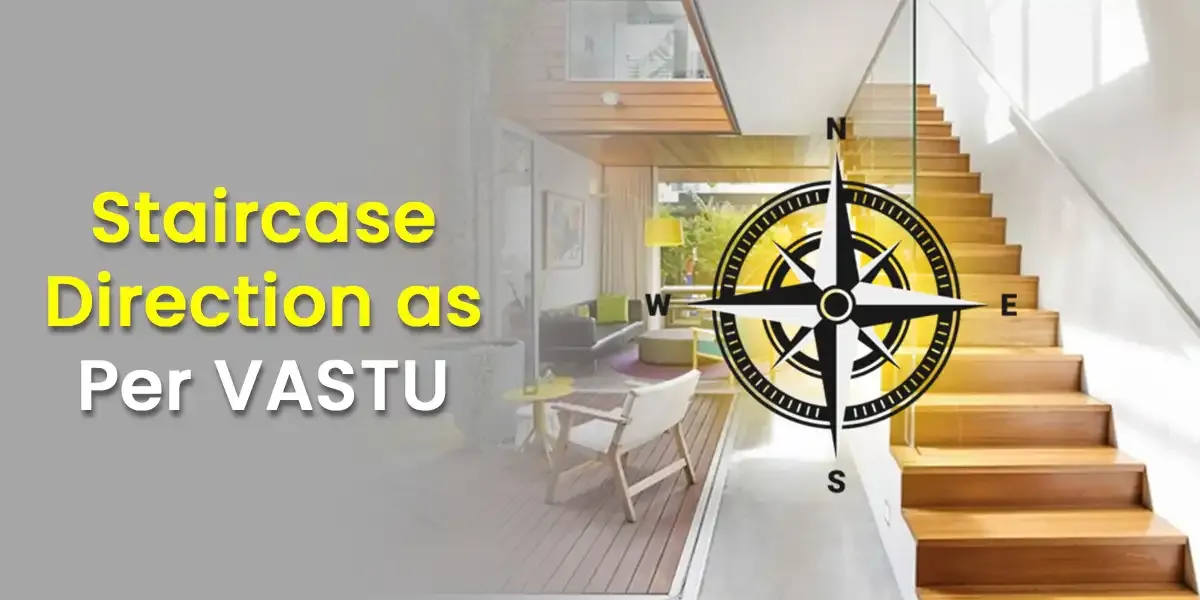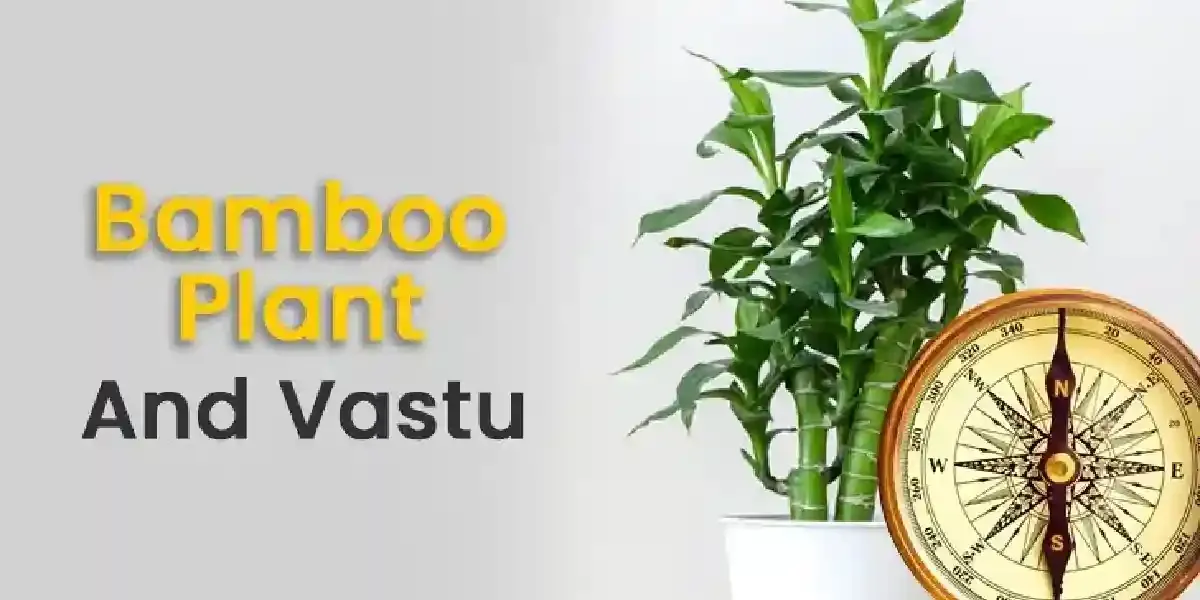Vastu Shastra
Vastu Shastra is the ancient Indian science of architecture and direction, rooted in the harmony between nature’s five elements — earth, water, fire, air, and space. It aims to create a balanced environment that promotes health, happiness, prosperity, and positive energy.
Vastu tip of the day
(Wednesday, February 04, 2026)
A pond in the northeast of the garden is considered very fruitful. It would be advisable to grow Lotus here. You can build a garage in the northwest or the southeast corners of your house. Overhead tanks for water storage can be placed in the south.
Vastu Shastra: Complete Insights for Every Space
Explore the ancient wisdom of Vastu Shastra to enhance harmony, prosperity, and positivity in your home or workplace with practical tips and scientific insights.
Ever noticed how some spaces instantly make you feel comfortable, while others don’t?
That feeling isn’t random, it’s the energy of the space around you. Vastu Shastra helps you understand and balance that energy, so your surroundings support your well-being, focus, and happiness. Or, you can call it, living in harmony with the place you call home.
These two simple-sounding words have a lot hidden behind, like, Vastu Shastra is 50 centuries old. Surprising, right? Let's find out more interesting things about it.
What is Vastu Shastra?
Vastu Shastra is an ancient Indian science that explores how the design and arrangement of a space affect the flow of energy within it. Coming to its meaning, “vastu” means dwelling, and “shastra” means science or knowledge. Hence, together, you can call it the science to create balanced spaces.
It teaches that the way a place is built and organized can shape the mood, health, and success of the people living in it.
Every home, office, or structure carries a certain vibration. Vastu Shastra provides time-tested guidelines to align this energy in a positive way through direction, proportion, and placement. When energy moves freely and harmoniously, it helps create a space that feels balanced, calm, and full of life.
Vastu Shastra – The Origin
Vastu Shastra has been a part of Indian tradition for more than 5,000 years. It originated during the Vedic period when sages studied how natural forces like sunlight, wind, and the Earth’s magnetic field influence human life.
Mentions of Vastu Shastra appear in ancient texts such as the Rig Veda, Atharva Veda, Matsya Purana, and Skanda Purana. Later works like Mayamatam, Manasara, and Samarangana Sutradhara also describe detailed architectural principles that align structures with cosmic energy and natural balance.
In ancient times, temple architects known as Sthapatis followed these guidelines to design homes, temples, and towns that supported health, prosperity, and peace. Even today, these timeless principles continue to guide modern architecture, reminding us that true harmony begins with the space we live in.
Benefits of Vastu Shastra
Vastu Shastra brings balance between your surroundings and your inner energy. When applied correctly, it creates an environment that supports growth, happiness, and stability. Apart from that, here are some key benefits:
Promotes positivity: Encourages smooth energy flow, making your space feel peaceful and uplifting.
Improves health and well-being: Balanced elements help reduce stress and support physical and emotional harmony.
Enhances relationships: A calm and positive environment nurtures better understanding among family members.
Attracts prosperity: Correct placement of key areas invites financial stability and new opportunities.
Increases focus and productivity: Organized spaces improve concentration and mental clarity.
Supports overall balance: Helps you stay aligned with nature, leading to a more content and fulfilling life.
The Importance of Directions as Per Vastu
In Vastu Shastra, directions are considered the foundation of energy balance in any space. Each direction is governed by a specific element and deity, influencing different aspects of life such as health, wealth, relationships, and growth. Understanding and aligning with these directions helps maintain harmony between your surroundings and your goals.
Here’s how each direction holds its own significance:
East: Ruled by the Sun, this direction symbolizes growth, vitality, and new beginnings. Ideal for entrances and prayer rooms.
West: Associated with Lord Varuna, it represents stability and gains. Suitable for dining areas or children’s rooms.
North: Governed by Lord Kubera, the god of wealth, this direction is linked to prosperity and career growth. Best for offices or cash counters.
South: Controlled by Lord Yama, it represents strength and fame. Bedrooms or storage areas are often placed here for stability.
Northeast (Ishanya): Considered the most sacred direction, linked with spiritual energy and clarity. Perfect for meditation or pooja rooms.
Southeast (Agneya): Associated with the element of fire and Lord Agni, making it ideal for kitchens.
Northwest (Vayavya): Linked to air and movement, suitable for guest rooms or areas needing ventilation.
Southwest (Nairutya): Represents earth and stability, ideal for master bedrooms or heavy furniture.
When directions are used thoughtfully as per Vastu, they create a space where energy flows effortlessly, supporting both emotional balance and material success.
What are Some Tools of Vastu Analysis?
Vastu analysis involves understanding how energy flows within a space and how the layout, directions, and materials influence that flow. Over time, both traditional instruments and modern technology have become essential in analyzing and harmonizing energy patterns in homes and workplaces.
Traditional and Energetic Tools
Vastu Compass: A specialized compass used to find the exact cardinal directions and understand energy distribution in a structure.
Vastu Charts: Diagrams that guide ideal room placement, furniture arrangement, and orientation based on directional energies.
Lecher Antenna: A dowsing tool used to detect subtle vibrations, electromagnetic radiation, or energy blockages within a space.
Yantras: Sacred geometric designs used to balance energies and remove negative vibrations.Pyramids: Placed strategically to neutralize imbalances and amplify positive energy in problem zones.
Gemstones: Used for energy correction and enhancing harmony between people and their surroundings.
Modern and Digital Tools
Vastu Software and Apps: These tools analyze floor plans, detect directional errors, and suggest Vastu-compliant adjustments.
Floor Plan Uploads: Many online platforms allow users to upload their home layout to receive instant Vastu evaluations.
Energy Meters: Used to map high and low energy zones inside a building, identifying stagnation points.
Augmented Reality (AR) Tools: Help visualize energy flow and layout balance in real time before making design changes.
Vastu Calculators: Online tools that generate custom Vastu reports based on property dimensions and directions.
What is the Role of Elements Vastu?
According to Vastu Shastra, everything around us is made up of five natural elements. They are Earth, Water, Fire, Air, and Space. These elements form the building blocks of life and deeply influence the energy of a home or workspace.
When they’re in balance, your space feels peaceful, vibrant, and supportive. But when one element dominates or weakens, it can lead to restlessness, confusion, or imbalance.
Here’s how each element plays a unique role in shaping the energy of your surroundings:
Earth (Prithvi): Represents stability and strength. It’s connected with the Southwest direction. Use earthy tones, solid furniture, and natural materials to bring grounding energy into your home.
Water (Jal): Symbolizes clarity, calmness, and flow. It governs the Northeast direction. Ideal areas for water sources like fountains or aquariums.
Fire (Agni): Brings power, passion, and transformation. It’s linked to the Southeast direction, making it perfect for kitchens or areas with active energy.
Air (Vayu): Denotes movement, communication, and freshness. Associated with the Northwest direction. Proper ventilation, open spaces, and plants enhance this element.
Space (Akasha): Represents openness, creativity, and expansion. It’s present everywhere but mainly influences the center of a structure. Keeping the central area uncluttered allows positive energy to circulate freely.
When these five elements are aligned correctly within your home or office, they create a natural rhythm, one that supports your health, peace, and success.
What Happens If You Don’t Follow Vastu Shastra?
Ignoring Vastu Shastra doesn’t always bring immediate problems, but over time, imbalance in a space can affect how you feel and function. A house that isn’t aligned with natural energy flow might feel dull, cluttered, or unsettled.
People often experience more stress, arguments, or restlessness without realizing the environment plays a part. Following Vastu principles simply helps your surroundings support your peace, focus, and happiness, instead of working against them.
Vastu Shastra and Astrology: The Connection
Vastu Shastra and astrology are closely linked branches of ancient Indian knowledge. Both aim to create harmony between human life and the universe. Astrology studies the influence of planets and stars on an individual’s destiny, while Vastu focuses on how physical spaces affect energy flow and daily experiences.
When used together, they complement each other beautifully. A Vastu expert may refer to a person’s birth chart to decide the best direction for the entrance, bedroom, or workspace based on planetary strengths. Similarly, astrology can guide the right time to begin construction or renovation.
All in all, the connection between Vastu and astrology helps ensure that both your environment and your personal energies move in alignment, bringing peace, prosperity, and long-term balance.
Vastu Tips
- Vastu for Home
- Vastu for New House
- Main Door House Entrance
- Vastu for Factory
- Vastu for Office
- Vastu for Dining Room
- Vastu for Bathroom
- Vastu Kitchen
- Children Room
- Guest Room
- Study Room
- Colors for Home
- Pooja Room
- Shop
- Career
- Marriage Life
- Health
- Positive Energy
- Business
- Plants
- Bedroom
- Happiness
- Peace
- Wealth
- Pyramid
- Compass
- Vastu Dosh
- North Facing House
- South Facing House
- East Facing House
- West Facing House
- Earth
- Air
- Fire
- Water
- Directions
- North Direction
- South Direction
- East Direction
- West Direction
- North-East Direction
- North-West Direction
- South-West Direction
- South-East Direction
Talk to Astrologers
View AllFAQ for Vastu
Keep rooms aligned with cardinal directions, ensure good ventilation, avoid clutter, and balance the five elements. Direction, placement, and energy flow are key to harmony and peace.
Face east while studying or working, keep the northeast clutter-free, place mirrors carefully, maintain natural light, and avoid broken items to attract positivity and growth.
Ancient Indian sages developed Vastu Shastra. The key texts were compiled by scholars like Vishwakarma, Maya, and Varahamihira, who described the science of architecture and cosmic alignment.
Blocked northeast, cluttered center, wrong kitchen placement, broken mirrors, and dark corners disrupt energy flow, often leading to restlessness or imbalance at home.
Avoid broken furniture, mirrors facing beds, dark entrances, and water leaks. Negative symbols, clutter, and untidy corners can block positive energy.


















